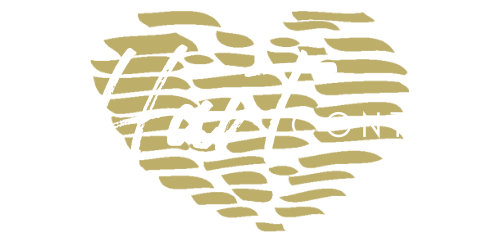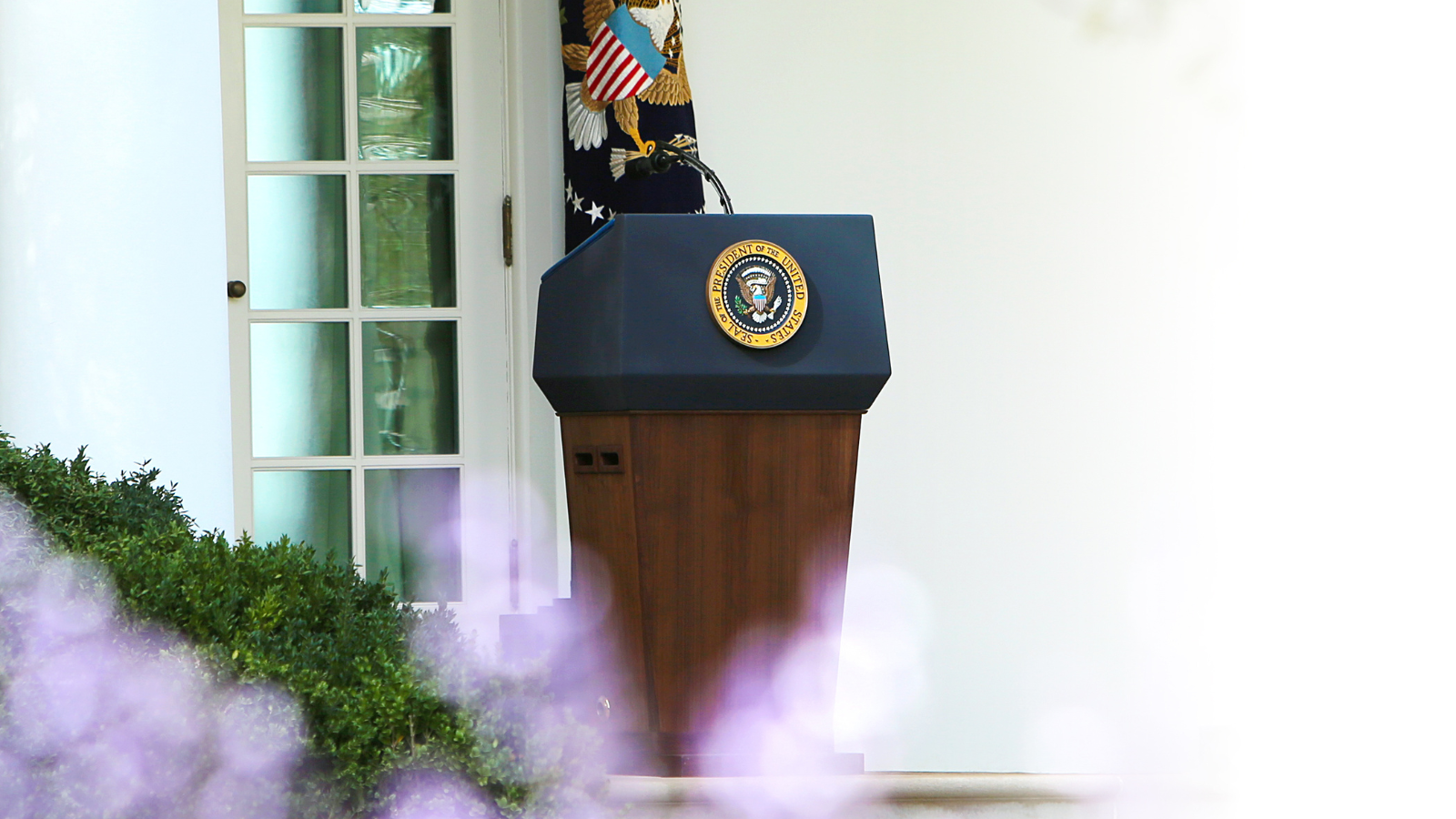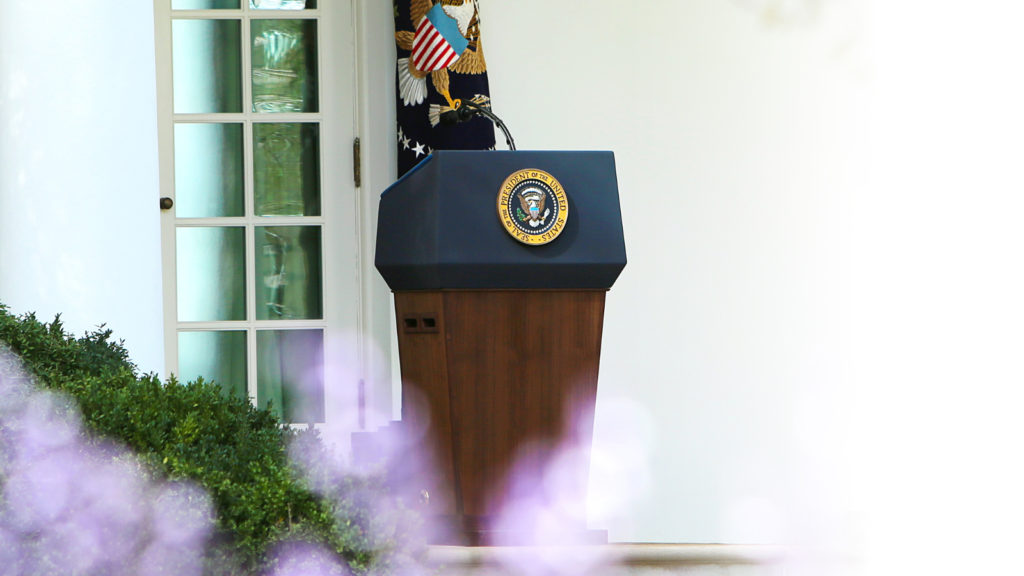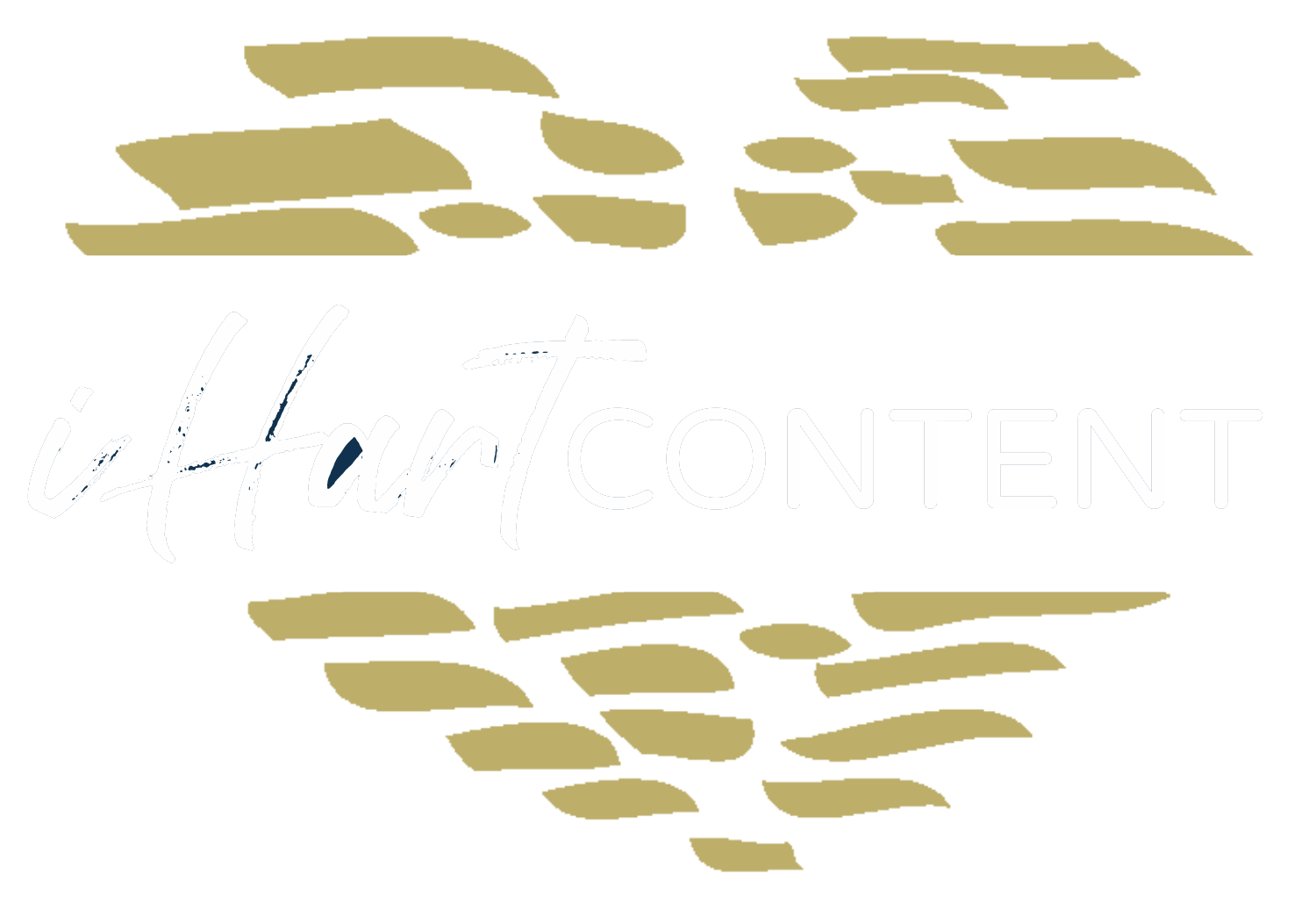Ah, election season! A time when politicians fight tooth and nail to gain the trust of voters, and the rest of us brace ourselves for an onslaught of political ads.
But for marketers, it’s a time to ask a different question: How will Facebook Ads behave during election season?
With the 2024 U.S. Presidential Election just around the corner, it’s important for marketers to prepare for the potential impact on their ad campaigns. The 2020 election season provided valuable lessons for marketers, from the temporary moratorium on social issue ads to the significant increase in ad costs.
By learning from these experiences, marketers can adapt their ad strategies to maximize their impact during the election season while avoiding any unexpected pitfalls.
So, let’s take a closer look at what we can expect from Facebook Ads during the 2024 election season and how marketers can prepare for it.
How Did the 2020 Election Season Impact Facebook Ads Spending
The 2020 U.S. Presidential Election was one for the history books, not only in terms of the political landscape but also for its impact on Facebook ad spending. As one of the largest digital advertising platforms, Facebook played a significant role in political ad spending during the election season.

Here are just a few of the stats that have raised quite a few eyebrows in recent years:
- 75% of Facebook ad spending was targeting campaign fundraising
- Digital ad spending made up 18% of political ad spending in 2020 compared to just 2-3% in 2016.
- Digital ad spending jumped from $800 million in 2015-2016 to $1.6 billion in the 2020 election season
- Higher ad spending on Facebook did not correlate with election results. Donald Trump spent just over $87 million on Facebook ads, while the eventual winner Joe Biden spent around $76.9 million.
- Facebook captured over 59% of the political ad spending on digital platforms in 2019/20.
The 2020 Social Issues Ads Moratorium
During the 2020 election season, Facebook implemented a temporary moratorium on social issues, electoral, and political ads in the week leading up to the election to prevent any misinformation from spreading.
Many marketers – and even large agencies – were left scrambling to adjust their ad strategies.
Facebook defines social issues ads as “sensitive topics that are heavily debated, may influence the outcome of an election or result in/relate to existing or proposed legislation.” In the United States, that includes ads about:
- Civil and social rights
- Crime
- Economy
- Education
- Environmental politics
- Guns
- Health
- Immigration
- Political values and governance
- Security and foreign policy
Unfortunately, it wasn’t as cut and dry in practice. Many industries found themselves disproportionately impacted by the restrictions placed on social issues ads, and many found themselves mistakenly looped into the fray.
Non-Profit Organizations
One industry that was hit hard by the ban was non-profit organizations. Many non-profits rely on Facebook advertising to promote their mission and raise funds. The ban made it more difficult for these organizations to reach potential donors and supporters, which can have a long-term impact on their ability to achieve their goals. This was an especially hard pill to swallow since election season coincides with a critical fundraising season for most nonprofits – Giving Tuesday.
Small Businesses
Many small businesses were also disproportionately affected by the ban. Many small businesses rely on Facebook advertising to promote their products or services and generate sales. The ban made it more difficult for these businesses to reach their target audience and compete with larger businesses with more resources. The cost of advertising rose so dramatically that many were simply priced out.

News & Media
The news industry was one of the most heavily impacted – some would argue rightly so, given its propensity towards fake news and clickbait ads. Still, even upstanding news organizations found it nearly impossible to deliver their content to their audience effectively using Facebook ads.
All in all, it was an incredibly frustrating time to run ads, especially if you didn’t happen to be participating in the election madness at all. With Facebook’s notorious lack of customer service, it’s safe to say that many smaller advertisers are bracing themselves and stress-eating in an effort to shove down that sense of impending doom.
Okay, maybe it’s just me, but you get the picture.
Will there be another moratorium in 2024?
So, the big question is, will Facebook do it again in 2024? The answer is we don’t know. But, hey, there’s always a chance. So, it’s best to have a plan B in place, and that could mean shifting some of your ad budget away from Facebook, especially if you fall into one of the industries mentioned above.
Here are a few ways to diversify your marketing and advertising efforts before election season begins:
1. Invest in other social media platforms
While Facebook is undoubtedly the largest social media platform, other platforms like Pinterest, LinkedIn, and TikTok can also provide a significant reach for businesses. Each platform has its unique audience, and businesses can tailor their messaging and advertising strategies to suit each platform’s users.
2. Explore Google Ads
Google is the world’s largest search engine, and advertising on its platform can provide businesses with a significant reach. Google Ads offers a variety of advertising options, including search ads, display ads, and video ads, which can help businesses target users at various stages of the buyer’s journey. Be cautious, however. Google Ads is not as DIY-friendly as Facebook Ads, so you’ll want to work with a seasoned pro to avoid blowing your budget.
3. Start Investing in Your Website Now
Focusing on your website as an advertising channel well in advance of election season can be a smart move for businesses. By optimizing their website for search engines and investing in paid search advertising, businesses can drive traffic to their site and capture leads well before the election season starts. This can help businesses build a loyal audience and reduce their dependence on social media advertising during the election season when competition for ad space is high. Additionally, having a strong website presence can help businesses build credibility and trust with their audience, which can pay dividends during the election season and beyond.
While the impact of any potential moratorium on social issue ads during the 2024 election season remains unknown, it’s essential for businesses to have a plan B in place. By diversifying their marketing and advertising efforts across multiple platforms, businesses can reduce their dependence on Facebook ads and avoid any unexpected impacts on their revenue streams.
How Much Will Ad Costs Increase During the 2024 Election Season?
You know the saying “a rising tide lifts all boats”? Yeah – that was definitely the case for the last election season, except the tide was a tsunami of political ad spending, and the boat was everyone’s ad costs.

During the 2020 election season, ad costs did skyrocket. It was like watching a balloon inflate, except instead of helium, it was filled with the tears of digital marketers. The cost per click (CPC) on Facebook increased as much as 120%, which was a tough pill to swallow for businesses of all sizes. So, it’s safe to say that ad costs will increase during the 2024 election season too. Be prepared to either increase your ad budget or adjust your targeting to keep costs manageable.
Here are a few ways to manage your ad costs during the 2024 election season:
Refine your targeting
The more specific your targeting, the more likely you are to reach the audience that is most likely to convert. Refine your audience targeting based on demographics, interests, behaviors, and location to ensure that you are reaching the right people. This can help increase your click-through rate (CTR) and decrease your cost per click (CPC).
Monitor your ad performance
Keep a close eye on your ad performance metrics to identify which ads are generating the most engagement and conversions. Use this information to adjust your ad campaigns and allocate your budget accordingly. By focusing on the ads that are performing well, you can improve your ROI and reduce wasted ad spend.
Set a budget cap
One way to control your ad costs is to set a daily or weekly budget cap for your campaigns. This can help you stay within your budget and prevent overspending during the election season.
Try different ad formats
Experiment with different ad formats, such as video ads or carousel ads, to see which ones perform best for your business. By diversifying your ad formats, you can attract more engagement and conversions at a lower cost.
Managing your ad costs during the 2024 election season will require careful planning and monitoring. By refining your targeting, monitoring your ad performance, setting a budget cap, and trying different ad formats, you can keep your costs manageable and maximize your ROI.
Is it Worth it to Run Ads During Election Season?
Despite the challenges and the increase in ad costs, the short answer is yes, it’s worth it to run ads during election season if you usually rely on ads to reach your audience. With so many people glued to their screens, you have the opportunity to get your message in front of a larger audience than usual. Just be sure to carefully consider your messaging and avoid any political landmines that could backfire on your brand.
Here are some ways to adjust your brand messaging during election season:
Avoid divisive language
Refrain from using language that can be perceived as divisive or polarizing. Be mindful of the language you use, as it can impact how your brand is perceived by your audience.
Focus on shared values
Identify and focus on shared values with your target audience, such as community involvement, social responsibility, and inclusivity. This can help build a positive association with your brand and encourage engagement.
Stay on brand
Maintain consistency in your messaging, tone, and visual identity across all your marketing channels, including your website, social media, and advertising. This will help build brand recognition and trust with your audience.
Be authentic
Avoid trying to force your brand into the election conversation if it doesn’t feel authentic. Instead, focus on your core messaging and how it relates to your target audience’s interests and values.
Monitor your messaging
Keep an eye on your messaging and adjust as needed based on how it’s being received by your audience. Be prepared to adjust your messaging quickly in response to any negative feedback or backlash.
Adjusting your brand messaging during election season requires a delicate balance between staying neutral and staying authentic to your brand. By focusing on shared values, maintaining consistency in your messaging, and monitoring your messaging closely, you can create effective and impactful messaging that resonates with your audience.
Conclusion:
While election season can bring about many challenges for marketers, such as ad cost increases and the potential for social issue ad moratoriums, it may still be worth it to forge ahead and run ads to capture the attention of the many eyeballs available during the election season.

By carefully considering your brand messaging and diversifying your advertising efforts across multiple platforms, you can still reach a larger audience than usual. Additionally, it’s important to keep a close eye on your ad performance and adjust your ad strategies as needed to keep costs manageable. With the 2024 U.S. Presidential Election just around the corner, it’s crucial for marketers to learn from the lessons of the 2020 election season and prepare accordingly.
While Facebook Ads can be a bit of a wild ride during this time, the rewards can be worth it if you play your cards right. So, brace yourselves, buckle up, and let’s get ready for another round of digital marketing madness







